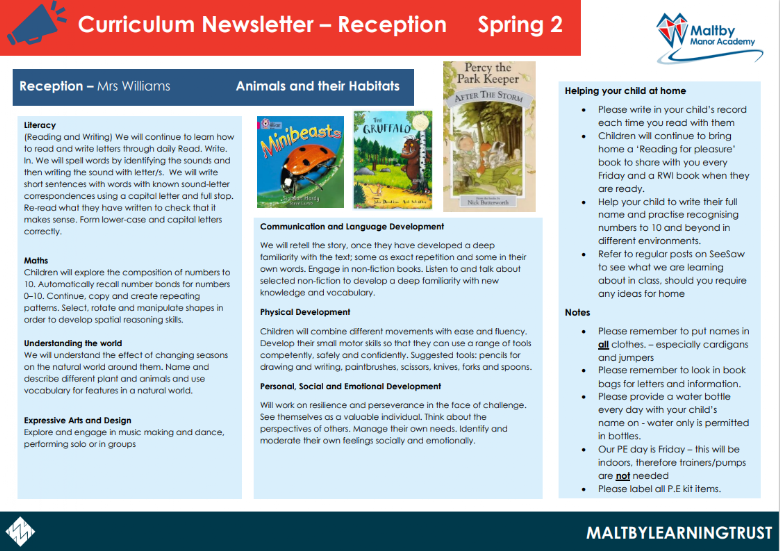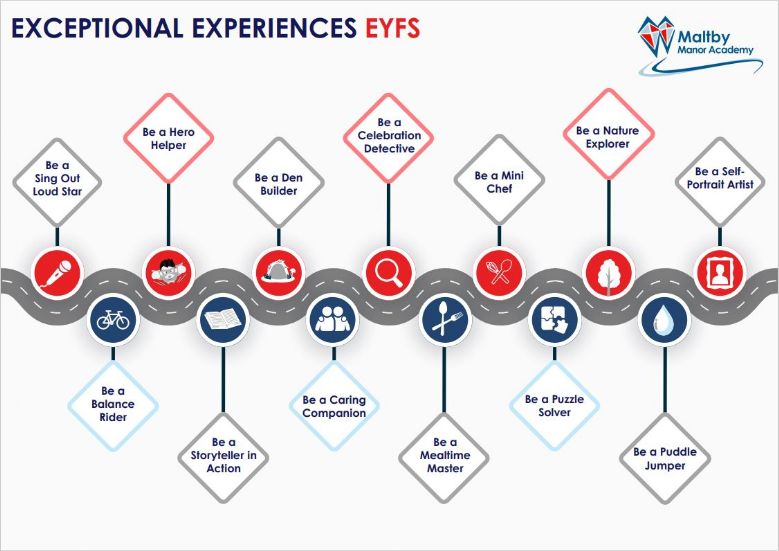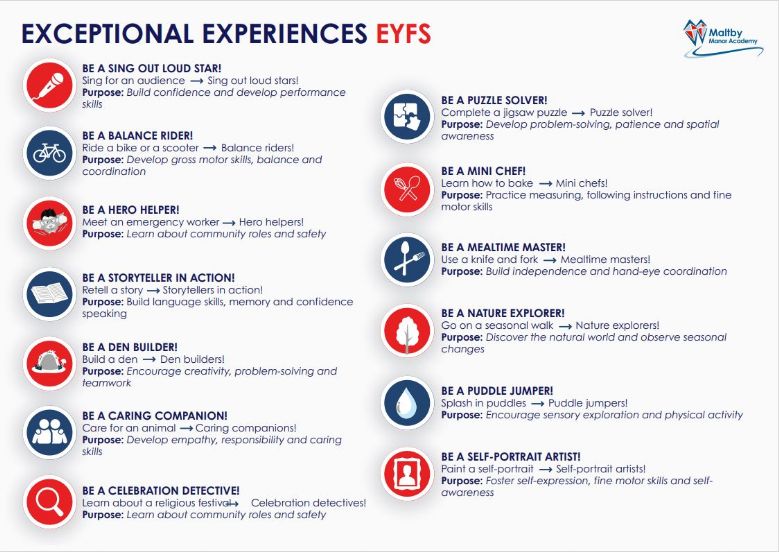Reception - Fountains & Fitzwilliam
Welcome to our Reception page! Here you can find our half-termly curriculum newsletter with details of what we are learning this term. You can also explore our experience roadmaps, which show the exciting opportunities and additional experiences designed to build confidence, curiosity, independence and ambition as children progress through school.
what we're learning this half term
reception road maps




